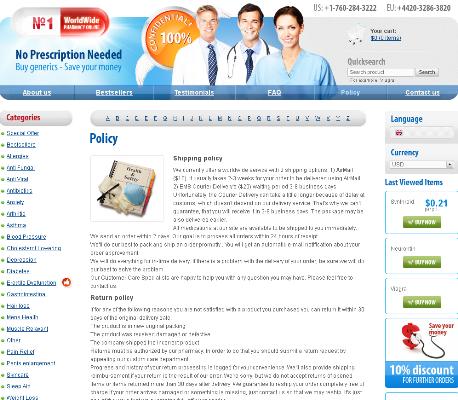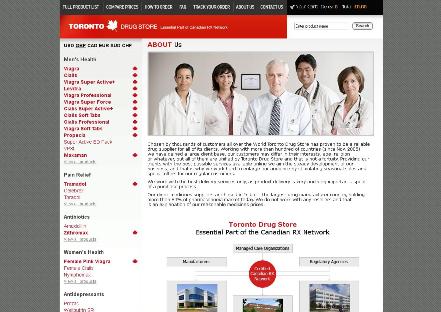Amoxil for Dental Infections: What You Should Know
Understanding How Amoxil Fights Dental Infections
When harmful bacteria invade the tissues surrounding a tooth, they can cause painful infections that threaten your oral health. Amoxil, a widely prescribed antibiotic, steps in to stop these bacteria from multiplying by interfering with their ability to form cell walls. As a result, bacterial growth is halted, and your body’s immune system has a better chance to heal the infected area.
In many cases, timely use of Amoxil helps prevent minor dental infections from developing into more severe troubles. Understanding this process can empower patients to seek help early and follow their treatment plan with confidence.
| Action | Effect on Bacteria | Benefit to Patient |
|---|---|---|
| Blocks cell wall synthesis | Prevents bacterial multiplication | Reduces infection severity |
Common Dental Issues Treated with Amoxil

When a nagging toothache signals a deeper problem, dentists often turn to amoxil to target stubborn bacteria lurking in abscesses. This antibiotic can also play a crucial role in managing severe gum infections, helping to calm inflammation and speed up healing. For those who’ve experienced dental surgery or even a traumatic injury to the mouth, amoxil may serve as a protective measure, preventing the spread of bacteria that can lead to complications.
Beyond urgent care, amoxil frequently assists people dealing with more persistent oral troubles. Recurrent periodontal infections—often responsible for swollen, bleeding gums—are another realm where this medication can make a difference. Its broad spectrum allows it to tackle a variety of bacteria that threaten oral health, making it a go-to choice in clinics.
Interestingly, amoxil isn’t just about quick fixes; it’s about restoring confidence in a pain-free smile. By controlling infection at its source, the medicine sets the stage for other dental treatments to work better, maximizing the potential for full recovery and ongoing wellness.
How to Take Amoxil Safely and Effectively
Imagine you’ve just been prescribed amoxil for a persistent dental infection. It’s crucial to follow your dentist’s instructions precisely—taking the medication at the same time each day, with or without food, to maintain consistent levels in your body. Never skip a dose, even if your symptoms start to improve early; bacteria may still be present, and stopping too soon can lead to recurrence or resistance.
Swallow your amoxil capsules whole with a glass of water. If your prescription is liquid, measure it carefully using the provided device. Complete the entire course, and reach out to your dentist if you experience unusual symptoms. Taking amoxil responsibly helps ensure a swift recovery.
Potential Side Effects and What to Watch for

While amoxil is generally well tolerated, some people may experience mild reactions such as nausea, diarrhea, or a skin rash. Rarely, more serious effects like severe allergic responses or difficulty breathing can occur and require immediate medical attention. Most side effects are temporary and fade once the medication is finished, but staying vigilant helps ensure your safety. Always consult your dentist or physician if unusual symptoms develop while taking amoxil, so that they can guide your care and avoid complications during your recovery.
When Amoxil May Not Be the Right Choice
For people with allergies to penicillin or a history of severe reactions, amoxil should be avoided. In addition, amoxil may not fully address dental infections caused by bacteria resistant to this specific antibiotic. If symptoms persist or worsen, your dentist might consider alternative treatments or additional testing to identify the right solution.
Patients with kidney problems, certain viral infections, or those taking specific medications should use extra caution when considering amoxil. Talk openly with your healthcare provider to help determine if it's a safe choice.
| Situation | Alternative Approach |
|---|---|
| Penicillin Allergy | Use a non-penicillin antibiotic |
| Resistant Infection | Cultures and sensitivity testing |
| Kidney Issues | Adjusted dose or different medication |
Tips for Preventing Future Dental Infections
Imagine leaving the dentist with a clean bill of health and never having to worry about dental infections reoccurring. The key to maintaining this peace of mind lies in adopting strong daily habits—regular brushing with fluoride toothpaste, diligent flossing, and keeping sugary snacks to a minimum go a long way. Routine dental check-ups are not just about cleanings; they allow your dentist to spot emerging issues before they become serious. If you smoke, quitting can also significantly lower your risk of infections and gum disease. By staying proactive and mindful of your oral care, you’re taking a crucial step toward long-term dental wellness.

